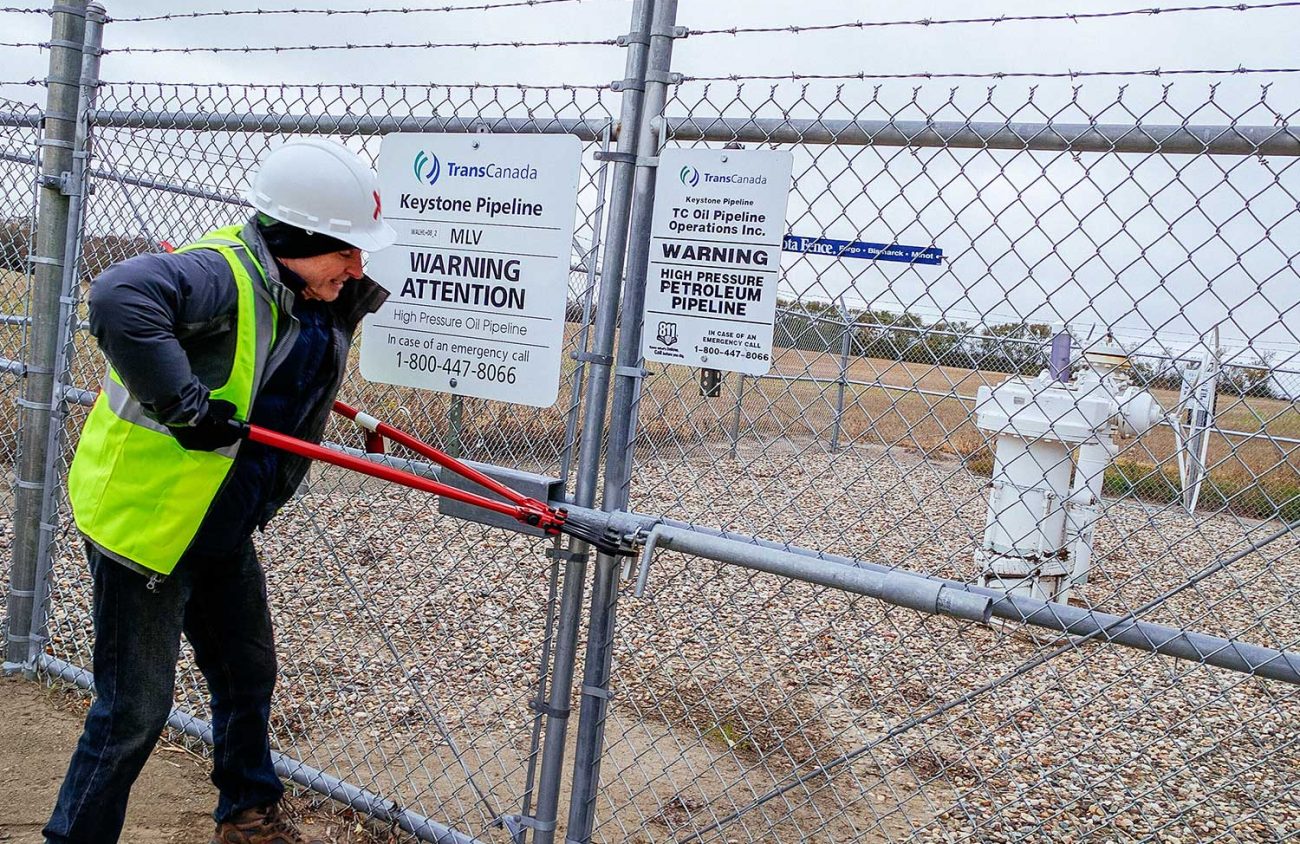On a Sunday morning last April, a group of activists with the environmental group Extinction Rebellion (XR) dumped a giant load of soil on some railroad tracks in Portland.
The soil was then turned into a protest garden that temporarily blocked access to an oil-by-railway terminal owned by Zenith Energy Management. The temporary blockade served as a sign of protest against the company’s Portland expansion.
The protesters were criminally charged with first degree trespassing, a class C misdemeanor in Oregon that carries a penalty of up to 30 days in jail. However, the Eugene-based Civil Liberties Defense Center isn’t convinced the right people are being charged.
The CLDC filed a brief last month notifying the state of Oregon of its intent to present a “choice of evils” defense when representing the XR activists on Feb 24 in the Multnomah County Circuit Court.
The “choice of evils” defense, also known as the “necessity defense,” places the power of justice into the hands of jurors, according to Lauren Regan, lead attorney for the activists and executive director of the CLDC.
“With catastrophic climate change looming, it’s time for the people to be able to decide who the real criminals are,” Regan says. “The greedy corporate profiteers poisoning the water and destroying the planet, or the regular people who are willing to stand up to defend our communities?”
The necessity defense was born out of just that: necessity. It’s an argument that’s emblematic of the time, an act of passion in the face of a larger-than-life entity with an allergy to compromise. The defense will argue that the societal harm posed by Zenith far exceeds the harm caused by the XR activists in Portland. The jurors will be faced with a choice of two evils: civil disobedience vs. Big Energy.
The CLDC is no stranger to this choice of evils. They represent Valve Turner Ken Ward, who faces his third trial in Washington state this month after his first trial resulted in a hung jury and his second trial resulted in a Washington Supreme Court ruling in his favor. The Valve Turners turned off pipeline emergency valves, termporairly distrupting the flow of tar sands oil from Alberta, Canada into the U.S.
They also represented the acquitted Minnesota Valve Turners Annette Klapstein, Emily Johnston and Ben Joldersma. The Minnesota Supreme Court affirmed their right to use the necessity defense.
“Legal battles led by the CLDC in Washington and Minnesota have expanded the law regarding the necessity defense,” Regan says. “They will be important tools for activists for many years to come.”
According to a press release by the CLDC, the XR activists say the overwhelming environmental threat posed by Zenith and the rest of the fossil fuel industry justifies their attempts to disrupt the railways meant to carry oil.
Cooper Brinson, staff attorney for the CLDC, agrees that the ends begin to justify the means when you consider the environmental implications of the climate crisis.
“Folks are sort of aware of a systemic failure of the U.S. legal system, political system and economic system to adequately address the threat posed by the climate crisis,” Brinson says. “Those in power have pushed people to this place by cutting off all other available avenues to actually solve this problem.”
According to Brinson, acts of environmental protest will likely become more prevalent — and more necessary — as the climate crisis continues to worsen.
“I think we’ll be seeing a lot more civil disobedience,” Brinson says. “And a lot more people willing to put their liberty on the line in order to ensure that future generations have a livable planet.” ν
